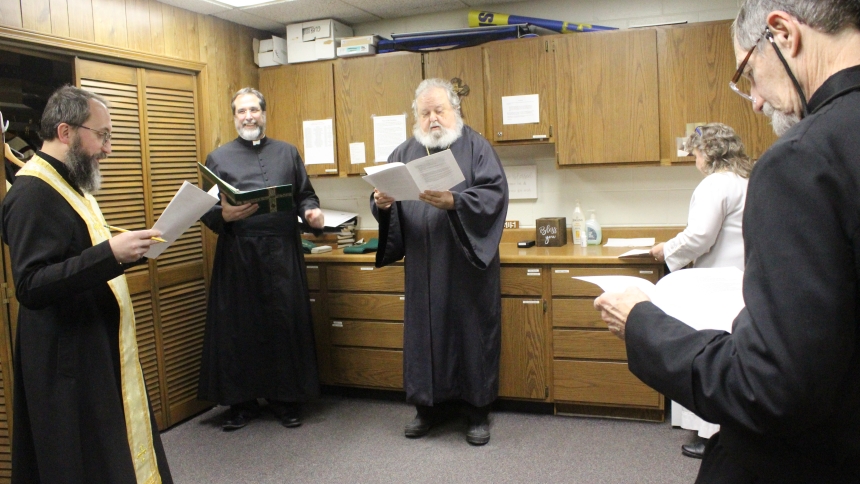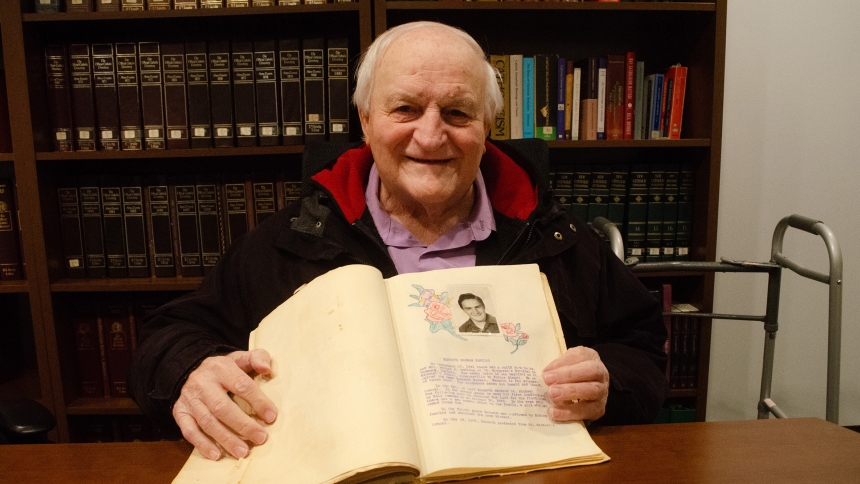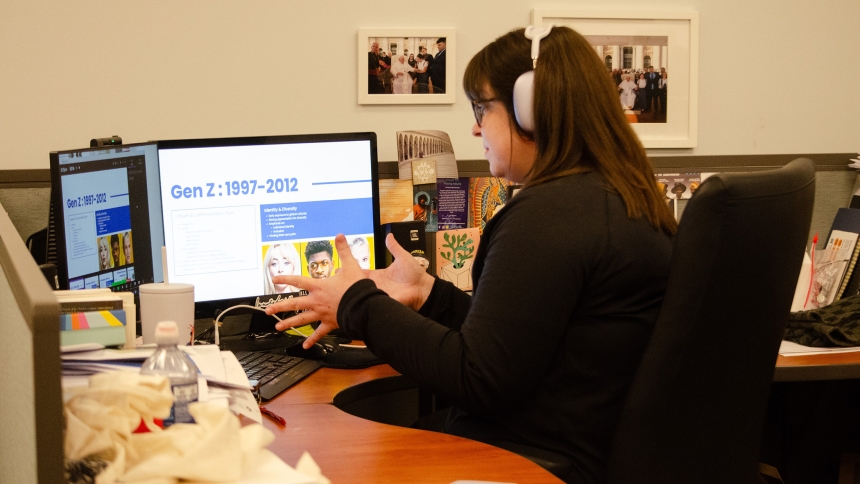
As published in the Northwest Indiana Catholic on July 29, 2018
This summer, I have been meeting with pastors and their synod parish planning teams to thank them for their hard and good work, to digest the details of their pastoral initiatives and to seek clarification regarding implementation of their synod goals.
As you know, we had the diocesan synod in June of last year, which produced goals and objectives in each of the eight areas of Church life. Rather than embracing a top-down approach, i.e. asking everyone to do the same thing in the same way simultaneously, our leadership discerned that more pastoral fruit would emerge if we asked each parish to create their own plan, based on their strengths, challenges and deficits.
To accomplish that end, many of our diocesan department leaders and several permanent deacons embraced the role of parish consultant, leading clusters of parish teams in a process of self-analysis, planning and strategic thinking, all oriented towards the question: How can we grow the mission of Jesus Christ in our community? The image that helped me to articulate this process is that of a restaurant buffet.
If the diocesan synod results are a smorgasbord of transformative ideas, pastoral practices, spiritual goals and strategic initiatives, each parish was asked to walk through the food line, choosing 3-5 objectives that they would like to work on for the next three years. My mantra in this whole process has been that everyone can’t do everything, but everyone can do something.
The results have been astounding!
Every single parish in our diocese has participated in this process. Priests, deacons, lay ministers and parish leadership have been engaged, visionary in many cases, and have experienced transformation along the way. When parish representatives presented their synod plan to me at the Pentecost service at Holy Angels Cathedral in May, their pleasure and pride in the power of their accomplishment was written all over their faces.
Kudos to all of the parish leaders and consultants who made this extended and detailed endeavor a success, which has exceeded my expectations and hopes! I feel tremendous gratitude and inspiration.
As I have delved deeper into the parish plans with the teams this summer, common goals emerge. Many want to reach out to inactive, disengaged and wounded members of the community with invitation, hope and healing. Others want to create dynamic adult formation experiences, or to think strategically about the needs of our high school youth.
Many parishes are rejuvenating their pastoral councils, creating commissions for evangelization, stewardship, youth ministry or liturgy. Some seek to hire communications directors, create a dynamic social media presence or better publicize what they are already doing. Many want to grow in their service and advocacy of the poor and suffering.
The plethora of ideas, hopes and beginnings is astonishing to me!
I also asked the teams how the diocese can help them actualize their synod plan. What resources do parishes need to succeed? Answers included training in evangelization and stewardship, guidance on how to create an effective council or commission, assistance with technology and social media, support for the goal champions as they seek to implement the plan, conversations with diocesan staff to match resources to needs more effectively.
These suggestions will help us on the diocesan level to truly help our parishes and schools to achieve their goals in fruitful and dynamic ways. The diocesan offices, staff and structures exist only to help our local communities to flourish. We all need to continue growing in the demanding and satisfying embrace of servant leadership.
Two upcoming responses to the synod are the reformulation of the Diocesan Pastoral Council this September and my pastoral visits to each parish in 2019. Via telephone conversations, I am asking each pastor to name a parish delegate to the council, which will meet quarterly. Four priests, four deacons representing the four deaneries, the chairs of the diocesan commissions and some diocesan staff will fill out the membership.
Council meetings will focus on the themes of the synod, offering some spiritual formation, a lifting up of successes and best practices, as well as strategizing to overcome obstacles, challenges and consideration of things that just are not working.
The diocesan pastoral council will serve as the vehicle to communicate, energize and support the synod implementation process, as well as holding all of us accountable to our commitments.
Secondly, I will be visiting each parish in 2019 for an entire day, celebrating Mass, visiting the sick, meeting with parish groups and discussing the ongoing growth of the synod process with leadership. This experience will give me a better understanding of how each community is seeking to grow in the good life of the Gospel and to offer support, gratitude and encouragement.
I have repeatedly said that we can never be afraid of failure. We will only succeed if we risk the possibility of not doing so. I have often learned more from what has not worked than what has. We can never lose hope or become discouraged at lack of results or stalled initiatives. I would rather fall flat on my face than never try anything because of fear.
We will ultimately succeed with the grace of the Holy Spirit, as we strive to live the high ideals of Jesus Christ and renew the Church we deeply love.
+ Donald J. Hying



